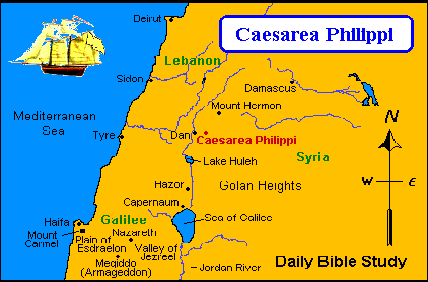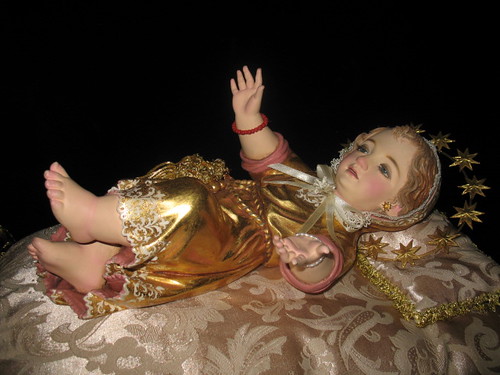26TH
SUNDAY IN ORDINARY TIME
Nm 11: 25-29/ Ps 19/ Jas 5:1-6/ Mk 9: 38-43, 45, 47-48
There
will always be stumbling blocks as we journey through life. For example, ABS –
CBN’s Showtime has to accept the truth that AlDub’s Kalye Serye has been its
stumbling block for some time now in getting the top stop of noon time shows.
Well, on the other hand, GMA’s evening teleserye has also to accept the truth
that JaDine’s On the Wings of Love is overwhelmingly hitting the top spot of
the primetime shows, a stumbling block! Indeed, life is not just a simple walk
around the park. It has to face and conquer some hurdles, some stumbling
blocks.
Our
Gospel reading today happened during the journey of Jesus and his disciples to
Jerusalem. Since the other Sunday, Jesus has been preparing his chosen friends
on the events that will soon happen through his passion predictions. At the
same time, he is also teaching them on genuine discipleship. If last week, the
disciples were arguing on who was the greatest among themselves, this time,
they were discussing on who can use the name of Jesus. They reported to Jesus
of an exorcist driving out demons using his name. However, Jesus wanted them to
focus on their own selves. When he told his disciples to cut off their hands
and feet and pluck out their eyes, Jesus was simply highlighting his point –
one must “cut off” those things and events which can become stumbling blocks in
discipleship.
“If
your hand causes you to sin, cut it off. And if your foot causes you to sin,
cut it off. And if your eye causes you to sin, pluck it out.”
We need
to cut off our hands which have become greedy for wealth and power because a
genuine disciple only holds on to God’s providential hands. We need to cut off
those dark events in the past which we have walked through and have made us
unforgiving today because a genuine disciple relies on God’s mercy and
compassion. We need to pluck out our eyes which have become used to seeing
things from the point of view of the world today because a genuine disciple
sees the world of today with the eyes of God.
“Cutting
off” those things and events which are stumbling blocks in our being Disciples
of Christ means to sacrifice. This is therefore an important feature of
discipleship – the readiness to sacrifice. Sacrifice comes from two Latin
words, “sacra”- holy and “facere” – act, make. To make a sacrifice means to
make a holy act. To cut ourselves from stumbling blocks is a holy act because
it makes us see more the Holy of holies. Without sacrifice, then, it is not
discipleship but mere spectatorship. Without sacrifice, then, it is not
discipleship but mere idolatry.
My dear
friends, this is our challenge as we celebrate the 26th Sunday in
Ordinary Time – that we make daily small acts of sacrifice by cutting off, by
detaching ourselves from those which block and make us stumble in our Christian
discipleship.
For Showtime,
AlDub’s Kalyeserye is a stumbling block.
For GMA’s
Teleserye, On the Wings of Love is a stumbling block.
How
about you? In following Christ, what are your stumbling blocks?
Amen!
Photo taken from internetcafedevotions.com



